Adrenaline rush: do soldiers want to return to war?
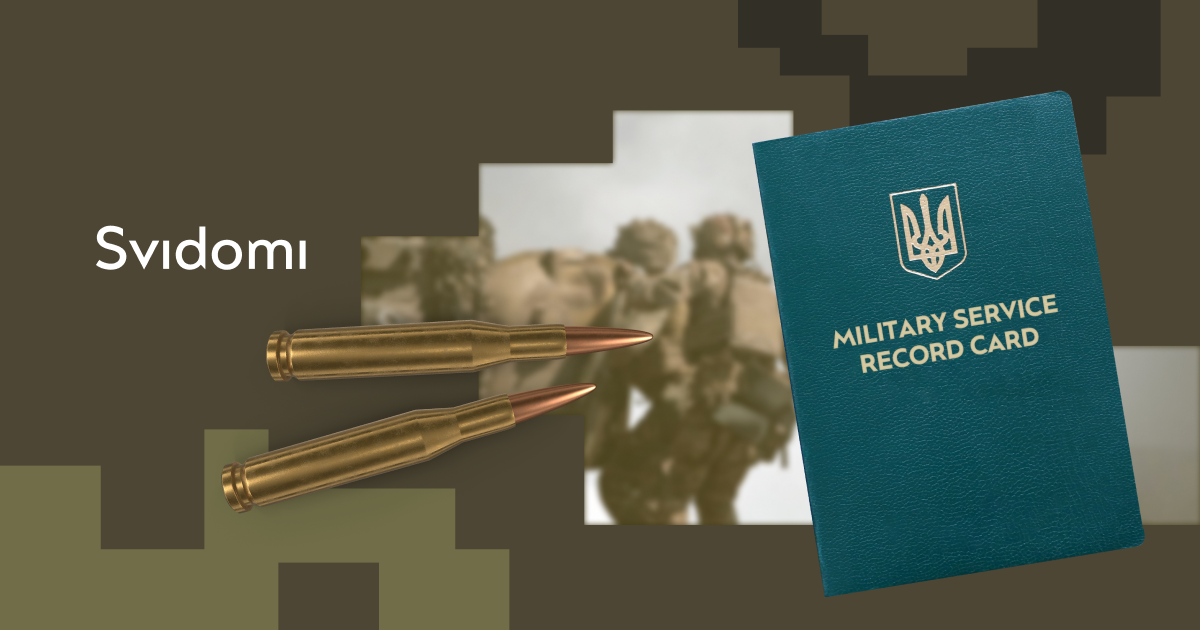
In times of war, particularly at the frontline, there is a constant sense of danger, stressors, risk and threats to life. Psychologists explain all of this provokes an adrenaline rush, which creates adrenaline addiction.
"A person exposed to the adrenaline and the associated euphoria at least once will try to recreate this feeling," says psychologist Ihor Ozerskyi.
Read the article to learn whether the service members chase the high and want to return to the battlefield.
What is adrenaline?
Adrenaline is a stress hormone the adrenal glands produce when a person faces stress. It is released into the bloodstream within 2-3 minutes after the stressor or threat.
The body can work at the limit of its capacity during the increased adrenaline secretion. That's why its release in combat conditions creates fearlessness in the military, explains psychologist Ozerskyi.
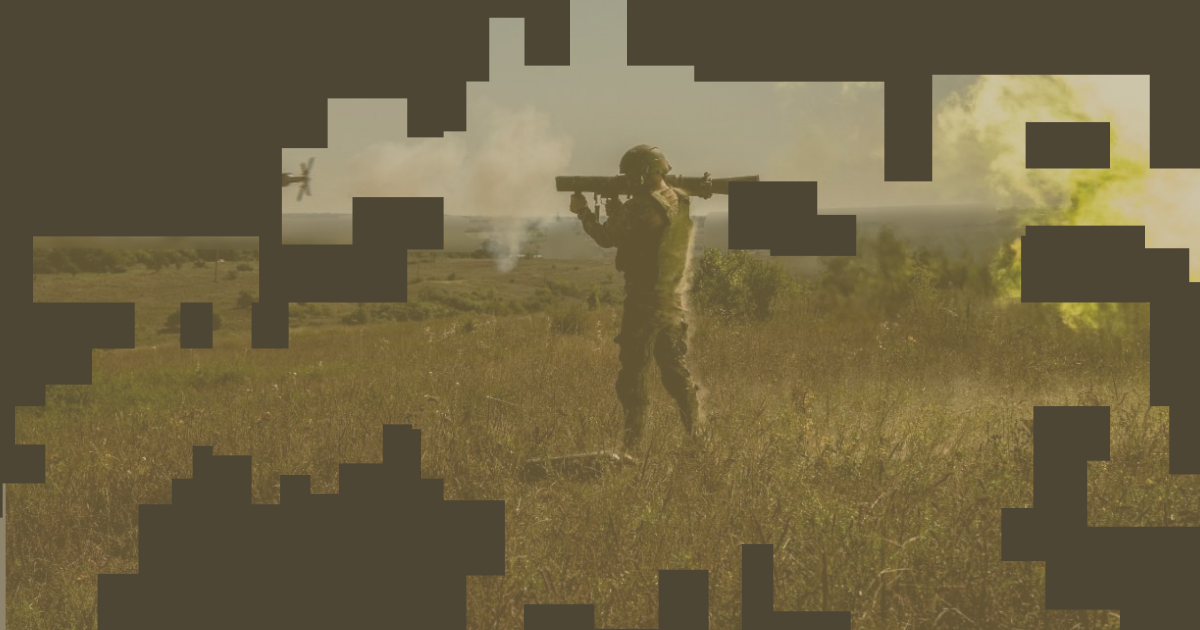
"The adrenaline addiction of the Armed Forces personnel is a natural psychological stimulant of stress resistance, courage and bravery," says Ihor Ozerskyi.
Ivanna Kovalchuk, a Veteran Hub Support Line psychologist, says that no type of extreme recreation can provide the same amount of adrenaline as combat, where lives are at risk.
"Adrenaline on the frontline is an addiction because you live in it all the time," says military psychologist Maria Rossova.
Adrenaline in the military
According to Ivanna Kovalchuk, you need to undergo a particular diagnosis to confirm the presence of adrenaline addiction. This will help distinguish it from other reactions the body faces after returning to civilian life.
"The desire of demobilised soldiers to return to the front is often linked to adrenaline addiction, but it is justified in the context of war, given the desire to overcome the enemy and win," says Ozerkyi.
Artem Osypian, a psychologist officer in the Armed Forces of Ukraine who returned to civilian life for a while, says that the drive and adrenaline are often felt by soldiers who first go to the front. For them, everything seems like a Counter-Strike game, where you get excited about everything that happens. In such situations, drainage encourages and gives strength, and the military feels alive.
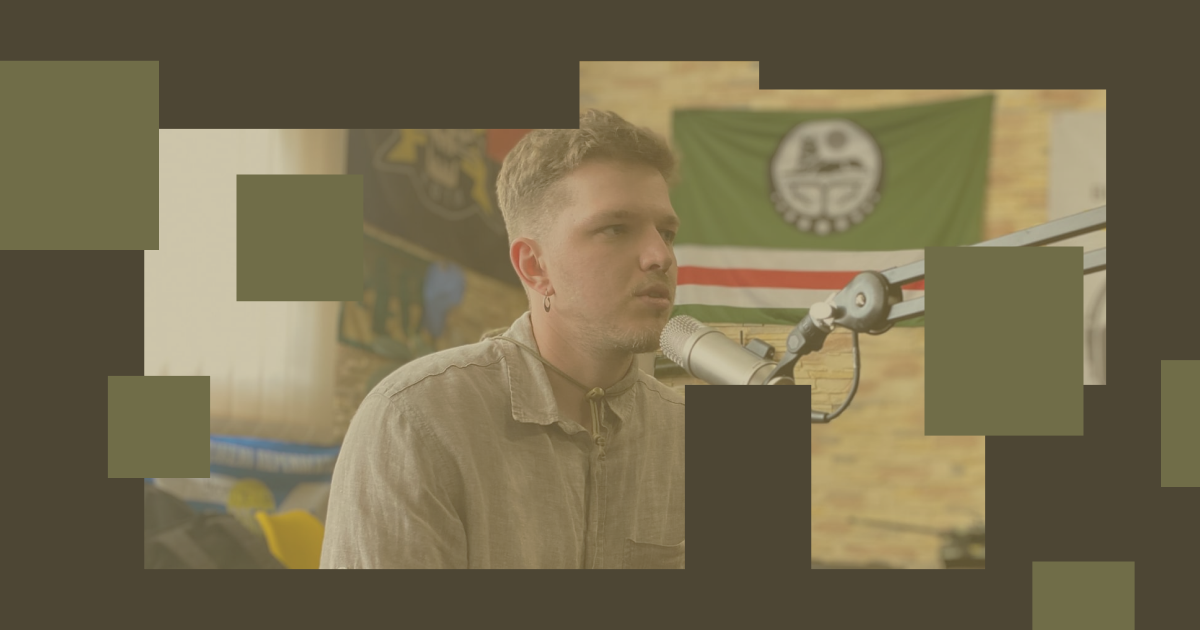
"After an extreme experience, the psyche will get tired, and upon returning to civilian life, where there are no such stimuli, it seems that you are dead inside. You don't feel the flavours of life and the past range of emotions," says Artem Osypian.
Petro Konoplia, a combat medic with the 35th Separate Marine Brigade named after Mykhailo Ostrohradskyi, says that his desire to return to the battlefield is coupled with a desire to be among people who understand and support him and with whom he has gone through different moments in his life.
"You want to be with the guys. You realise that there are ongoing hostilities, and you are drawn there. It's like a drug. You get used to the fact that you can go off several times a week, where you get a dose of adrenaline. Then you miss it," the soldier says.
Psychologist Ivanna Kovalchuk explains this phenomenon by saying that in civilian life, the military does not have moments when they are on a "knife-edge" between life and death.
"You start to feel a craving for the past, where this [adrenaline] was. All the difficulties are smoothed out in your memory, leaving one key emotional memory: the incredible high you feel during and after a battle. You'll never get such a dose of stress hormones anywhere else," says the psychologist.
According to combat medic Petro Konoplia, the military feels needed at the frontline, valuable and strong. These feelings provoke a desire to return.
"I think it can also be called adrenaline hunger. This is what the war has taught us. As a result, civilian life can be boring because of the lack of this feeling," says Petro Konoplia.
Meanwhile, Ivan, a soldier with the Carpathian Sich battalion of the 206th Battalion of the Territorial Defence Forces, callsign Hroza, says he does not feel the adrenaline at the front and would not want to return to the front.
"You can find adrenaline in civilian life," he says.
Finding adrenaline in civilian life
Some military personnel may seek adrenaline in fast driving, various sports or alcohol, explains military psychologist Maria Rossova.
She also notes that in civilian life, you don't always need to resort to activities that give you an adrenaline rush. Sometimes it is better to separate yourself from it to get rid of the dependence on the hormones that adrenaline produces.
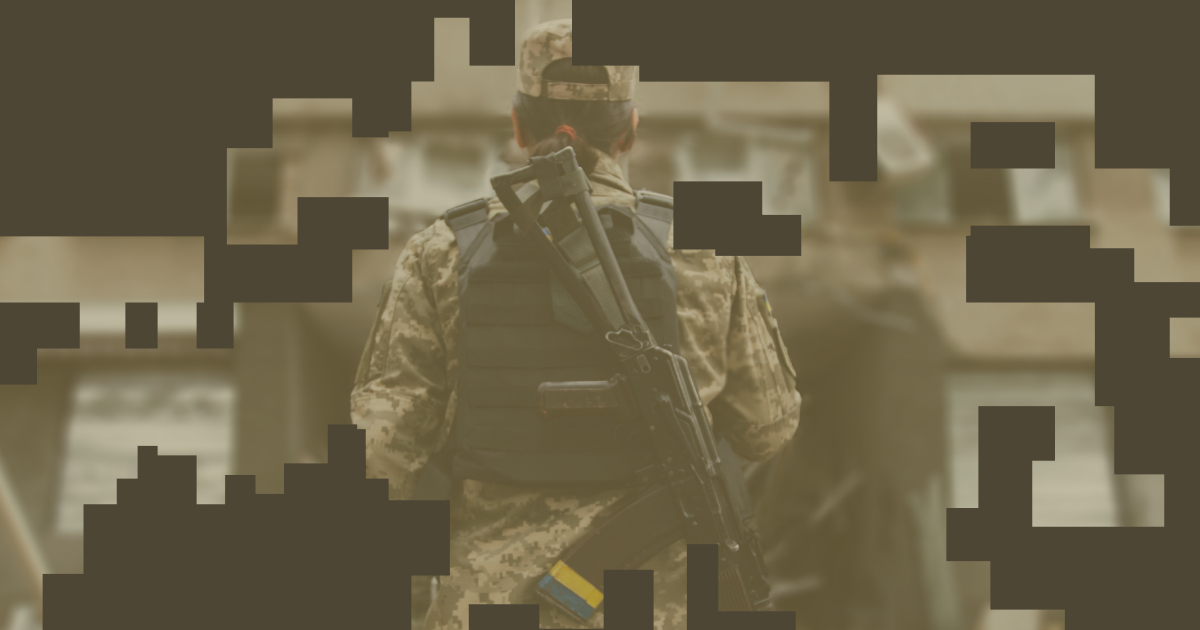
"Do fewer adrenaline sports because they increase stress hormones. Choosing easy walks with a calm pace, sleep, and healthy food is better. It will help you recover," the military psychologist believes.
What are the consequences?
Artem Osypian explains that the military finds themselves in areas with a lot of danger, stress and adrenaline: "Whether you like it or not, you become an adrenaline junkie. In contrast, when you return to civilian life, you realise that you are only productive in combat conditions, and this is not the case in civilian life."
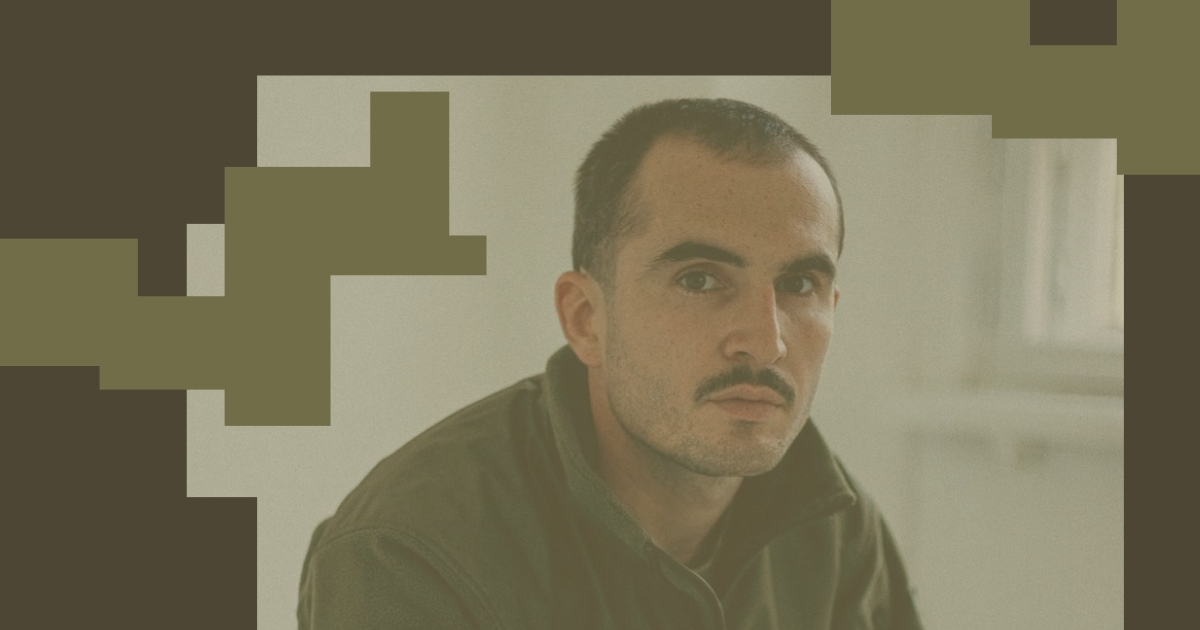
He explains that people often cannot recharge themselves and do not respond to certain things, devaluing their work after returning. They may also react sharply or negatively to simple things after their experience.
"War is like a long party with loud sounds and intense emotions. After it, you return and want to rest because you feel depressed. This is also evident in the military after any extremely intense experience," says Osypian.
How to communicate effectively?
According to Ihor Ozerskyi, it is essential to explain to the public the safety of adrenaline in the military and its importance for preserving the mental resource of soldiers to fight effectively in war.
Ivanna Kovalchuk says we should not perceive adrenaline as bad or good. "These are natural feelings of a person according to the conditions in which they live," Kovalchuk says.
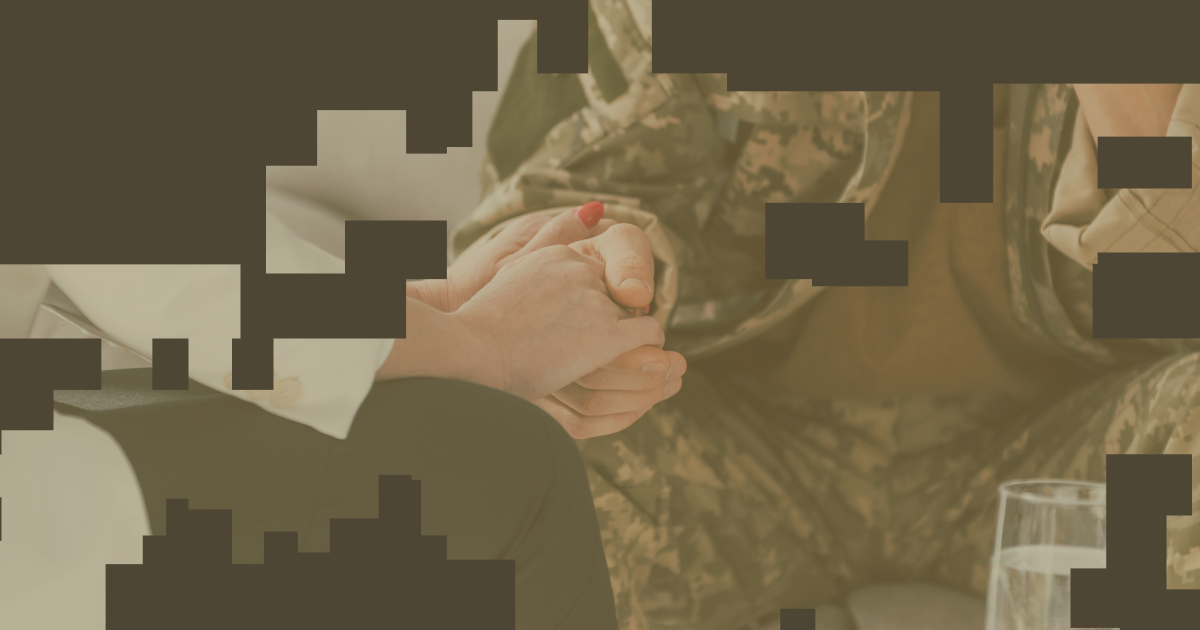
Artem Osypian, a psychologist with the Armed Forces of Ukraine, says that after the military return, it is worth raising awareness of why they feel and react the way they do. This should involve society, which can help the military feel aware of the new living conditions.
"People around them should help them reflect. The military may not see themselves from the outside, and it is difficult to realise the changes since their return. Close friends, acquaintances, and colleagues at their new jobs should help veterans reflect on their new status and see themselves from the outside to return to a new normal," says Artem Osypian.


